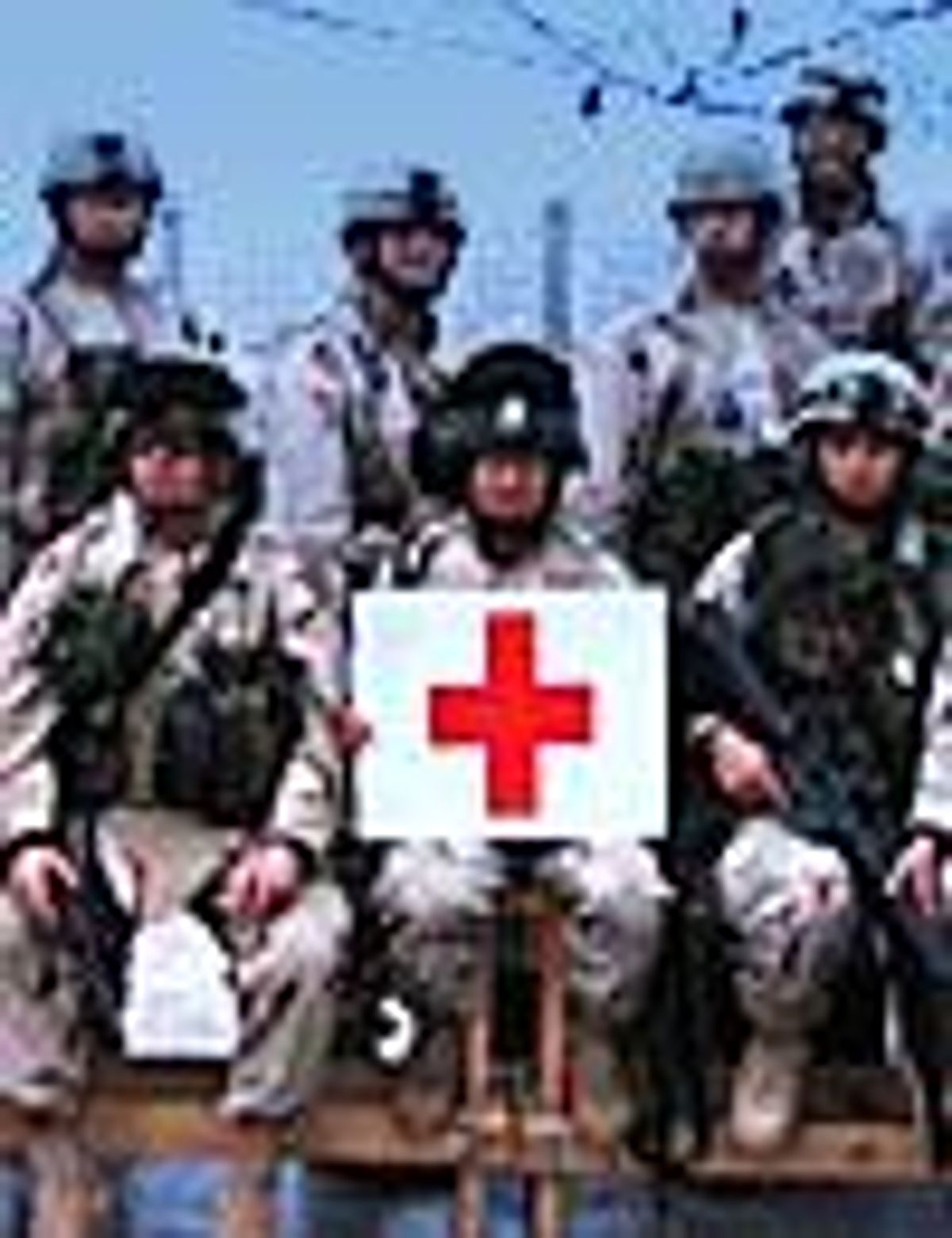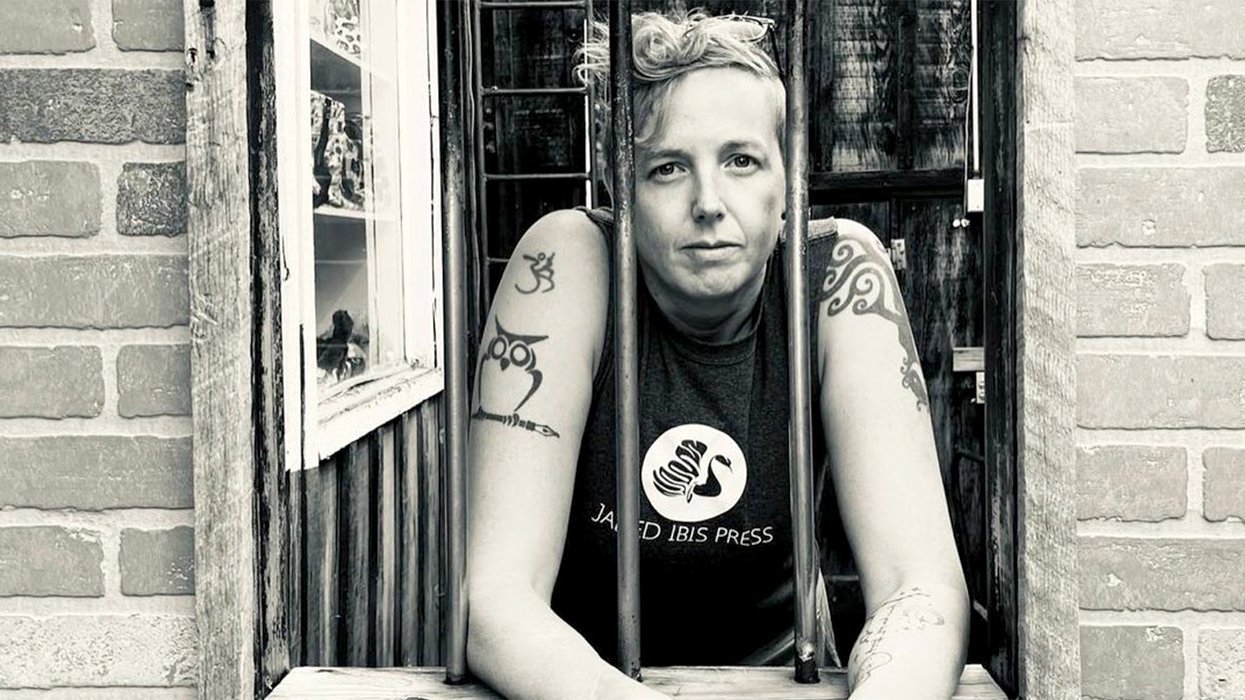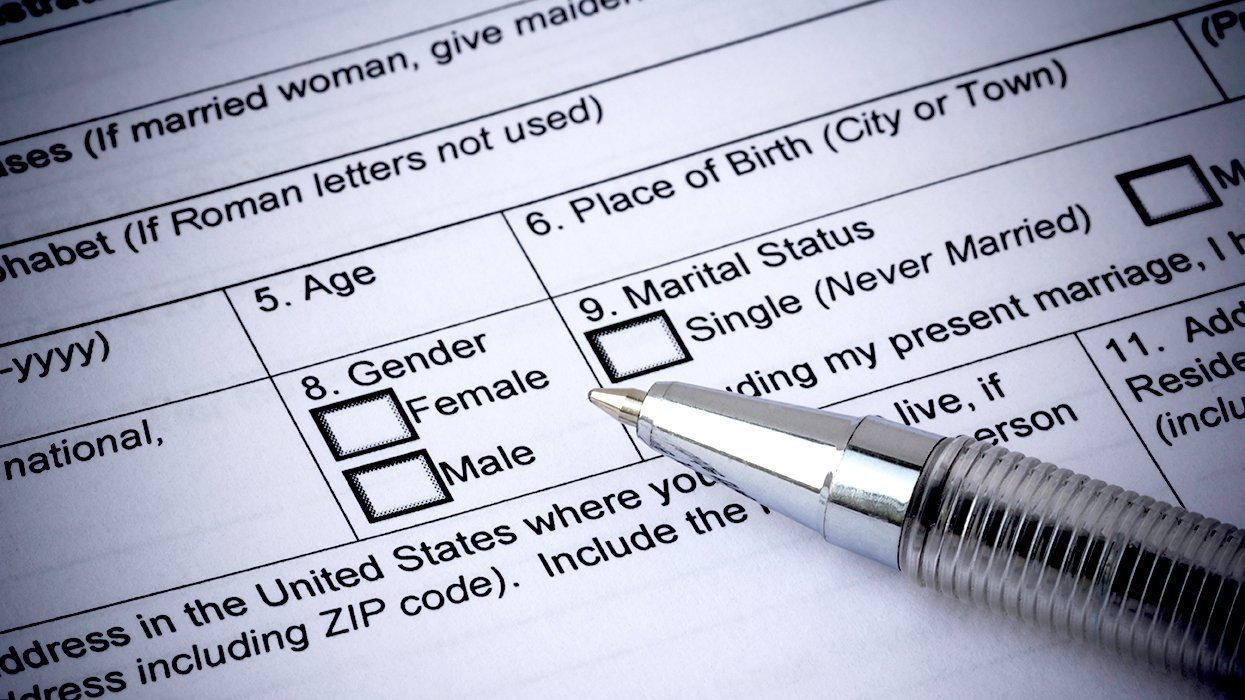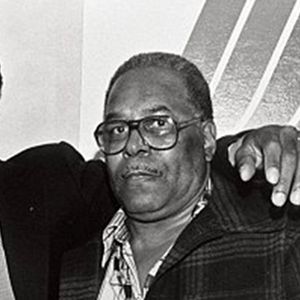Among the nearly
10,000 service members expelled under the
Pentagon's antigay "don't ask, don't tell" policy over a
10-year period, hundreds have been medical
specialists and officers. According to data released
on Wednesday by the Center for the Study of
Sexual Minorities in the Military, 244 medical specialists
were kicked out in the period spanning 1994 to
2003, the first 10 years the policy was in effect. The
data were obtained from the Pentagon with the help of
Rep. Marty Meehan, a Massachusetts Democrat who sits on the
House Armed Services Committee.
Aaron Belkin,
director of the center and an associate professor of
political science at the University of California, Santa
Barbara, said the discharges provide evidence that the
ban is hampering military readiness. "The consequences
of shortfalls in medical specialists during wartime
are serious," he said. "When the military lacks the
medical personnel it needs on the front lines, it
compromises the well-being not only of its injured
troops but of the overextended specialists who have to
work longer tours to replace those who have been
discharged."
According to the
new data, the 244 medical personnel discharged under
"don't ask, don't tell" included physicians, nurses,
biomedical laboratory technicians, and other highly trained
medical specialists. The revelation comes at a time
when the military has acknowledged it is struggling
with significant shortfalls in recruitment and
retention of medical personnel for the wars in Iraq and
Afghanistan.
According to a
Senate report issued in 2003 by senators Christopher Bond
and Patrick Leahy, hundreds of injured Guard and Army
Reserve soldiers "have been receiving inadequate
medical attention" while housed at Fort Stewart
because of a lack of preparedness that includes "an
insufficient number of medical clinicians and specialists,
which has caused excessive delays in the delivery of
care." The situation created the perception among
soldiers that they were receiving care that was
inferior to that received by active duty personnel, which
had a "devastating and negative impact on morale."
(Advocate.com)




















































































